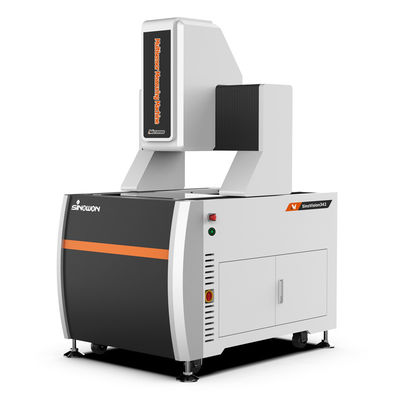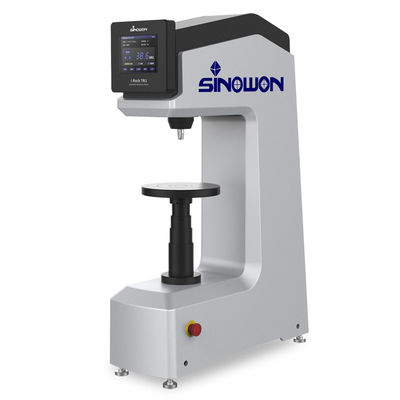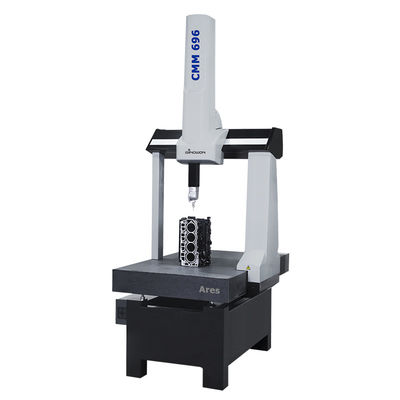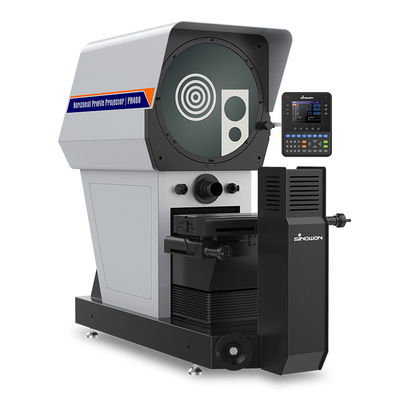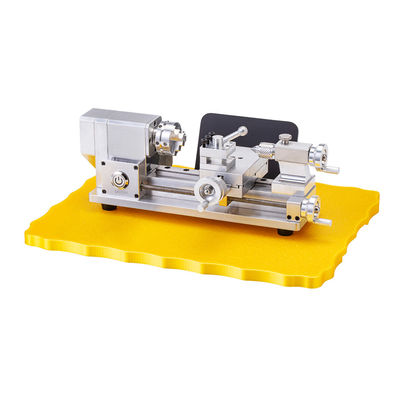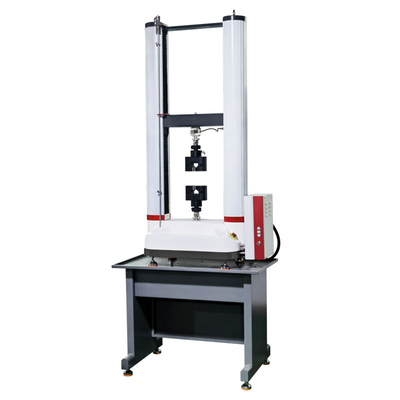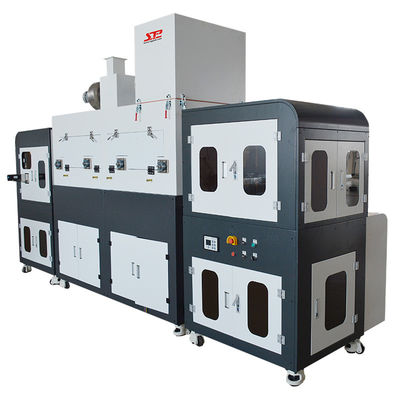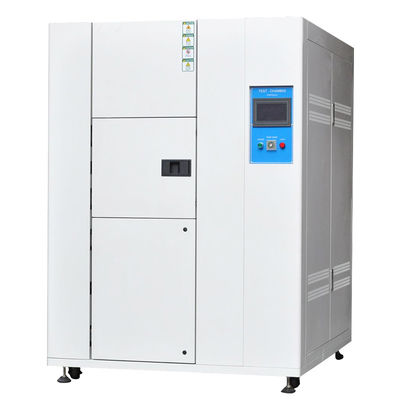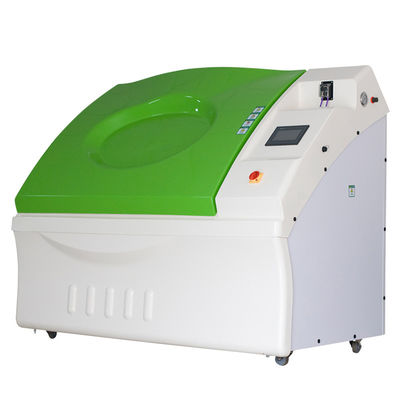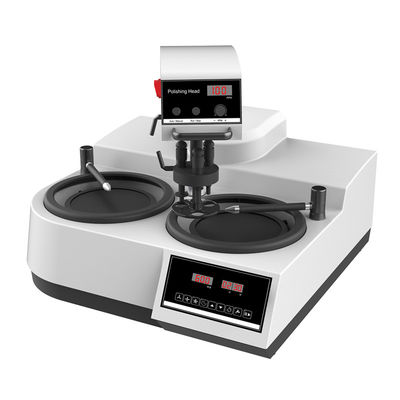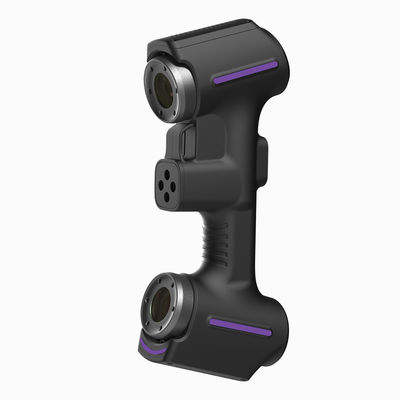
Vision Measurement Machine, also called non-contact measurement instrument, two-dimensional measurement instrument, and 2.5D measurement instrument. With the upgrading of modern industrial high-precision and micro-manufacturing industries, non-contact measurement has become a trend. Breaking through tradition, it uses non-contact optical vision measurement method to quickly and accurately measure geometric dimensions and positional tolerances, which has become inevitable. Due to its strong utility in the field of high-precision measurement, it has been accepted as a fast measurement method for more and more application areas.
Optical measurement instruments are suitable for all application fields with coordinate measurement as the purpose, such as mechanical, electronic, instrumentation, hardware, plastics, etc. (molds, screws, metals, accessories, rubber, PCB boards, springs, hardware, electronics, plastics, aviation, aerospace, etc.). It overcomes the shortcomings of traditional vernier calipers, micrometers, and projectors, and is a high-precision, high-efficiency, and high-reliability measuring instrument that integrates optical, mechanical, electronic, and computer image processing technologies.
The measured object is magnified by the optical magnification system, and the image features are collected by the CCD camera system and sent to the computer. It can efficiently detect the contour and surface shape dimensions, angles, and positions of various complex and precise parts, and perform microscopic inspection and quality control automatically. The measurement data can be imported into AUTOCAD to become a complete engineering drawing, and generate documents in DXF, IGS, and other formats. It can also be input into WORD, EXCEL, and SPC statistical analysis software to generate CPK and various statistical reports.
Vision measuring machines (VMMs) find applications in various industries that require precise measurement and quality control. Here are some industries where VMMs are commonly used:
Manufacturing industry: VMMs are extensively utilized in the manufacturing sector across different industries such as automotive, aerospace, electronics, consumer goods, and machinery. They help ensure the dimensional accuracy and quality of manufactured parts, components, and assemblies.

Automotive industry: VMMs play a critical role in automotive manufacturing for inspecting engine components, gears, valves, pistons, and other parts. They contribute to quality control and help maintain the precision required for the safe and efficient operation of vehicles.
Aerospace industry: The aerospace sector relies on VMMs for measuring critical components like turbine blades, airfoils, complex machined parts, and composite structures. Precise measurement is crucial for maintaining safety standards and meeting stringent quality requirements in this industry.
Electronics industry: VMMs are used in the electronics industry for inspecting printed circuit boards (PCBs), semiconductor chips, connectors, and other electronic components. They help ensure accurate positioning of components and check the quality of solder joints.

Medical device manufacturing: VMMs are employed in the production of medical devices, such as orthopedic implants, prosthetics, surgical instruments, and dental components. They contribute to the precision and reliability of medical devices, which are critical for patient safety and optimal performance.
Tool and die making: VMMs are suitable for the tool and die making industry, where precision is essential. They assist in the manufacturing and inspection of precision tools, molds, dies, and gauges, ensuring their accuracy and quality.
Research and development: VMMs are used in research and development activities across various industries. They help researchers and scientists analyze and quantify the physical properties of objects, validate theoretical models, and perform accurate measurements for experimentation purposes.
Plastics and injection molding: VMMs are utilized in the plastics industry for inspecting molded plastic parts and verifying their dimensional accuracy. This ensures the quality of plastic components used in various applications.
These industries represent some of the key areas where VMMs are commonly applied. However, the versatility of VMMs allows them to be used in other industries as well, depending on the need for precise measurement and quality control.







 Your message must be between 20-3,000 characters!
Your message must be between 20-3,000 characters! Please check your E-mail!
Please check your E-mail!  Your message must be between 20-3,000 characters!
Your message must be between 20-3,000 characters! Please check your E-mail!
Please check your E-mail! 
